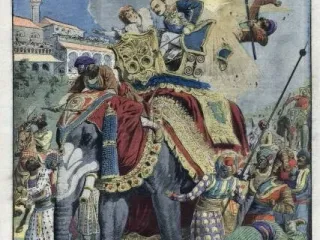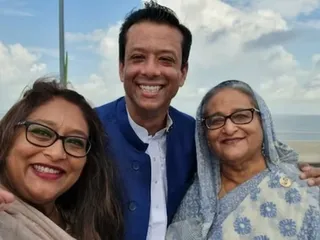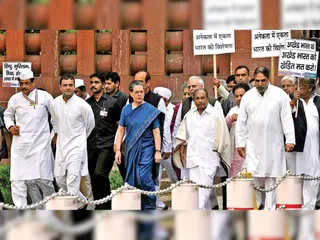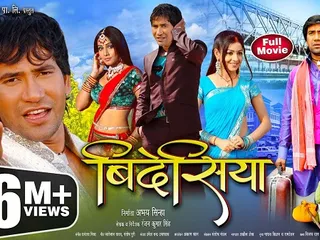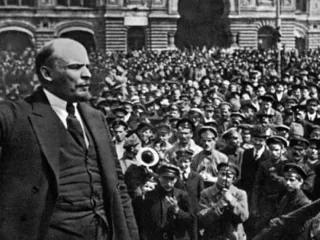The Jallianwala Bagh Massacre, also known as the Amritsar Massacre, remains a stark reminder of the brutality of British colonial rule in India. Occurring on April 13, 1919, this event profoundly impacted the Indian independence movement and continues to resonate as a symbol of oppression and the fight for freedom.
The massacre took place in Jallianwala Bagh, a walled garden in Amritsar, Punjab. The garden, a popular gathering place for locals, was chosen for a peaceful protest against the Rowlatt Acts. These acts, passed by the British Indian government, allowed for indefinite detention without trial, a clear violation of basic human rights. The protests, initially peaceful, were a testament to the growing Indian resentment against oppressive British policies.
On that fateful day, thousands of unarmed Indian civilians, including men, women, and children, had gathered for a peaceful meeting. They were largely unaware of the presence of Brigadier-General Reginald Dyer and his troops, who had been ordered to disperse the crowd without warning. Without any attempt to negotiate or issue a dispersal order, Dyer’s troops opened fire on the defenseless crowd. The narrow entrances to the garden trapped many, making escape virtually impossible.
The indiscriminate firing continued for about ten minutes, resulting in a horrific massacre. Estimates of the death toll vary widely, with the official British inquiry reporting approximately 379 deaths, while Indian nationalist accounts claim that the number was far higher, potentially reaching into the thousands. Hundreds more were injured, many permanently maimed. The sheer scale of the violence and the lack of any justification shocked the world.
The aftermath of the massacre was deeply felt across India. It fueled nationalist sentiment, galvanizing the movement for independence. Mahatma Gandhi, while advocating for non-violent resistance, condemned the massacre as an act of barbarity, calling for nationwide protests and boycotts. The event became a rallying point for Indians to unite against colonial rule. The brutality of the event significantly shifted public opinion, both within India and internationally, turning many against British imperialism.
General Dyer’s actions were initially condoned by some British officials, but public outrage, especially in Britain, forced a reassessment. Though initially defended, Dyer was eventually forced to resign and faced criticism for his callous disregard for human life. The Hunter Commission, set up to investigate the massacre, condemned Dyer's actions, but the report was met with both acceptance and dissent, highlighting the deep divisions created by the incident.
The Jallianwala Bagh Massacre remains a poignant reminder of the cost of oppression and the importance of fighting for justice and freedom. The site now serves as a memorial to the victims and a symbol of India's struggle for independence. Its legacy continues to inspire calls for peace, justice, and the recognition of human rights across the globe. The memory of this tragic event remains a powerful symbol in the ongoing pursuit of a more just and equitable world.



